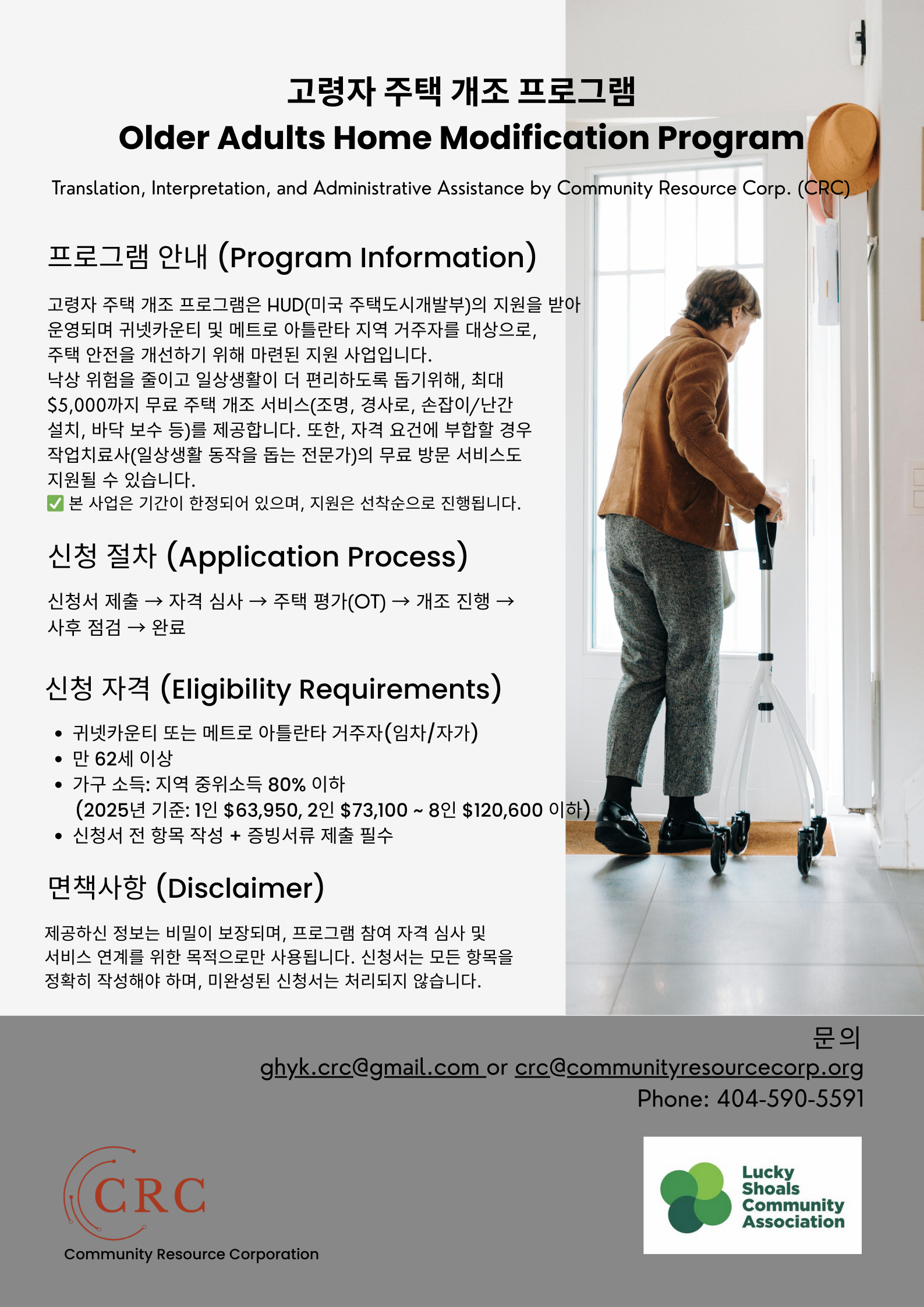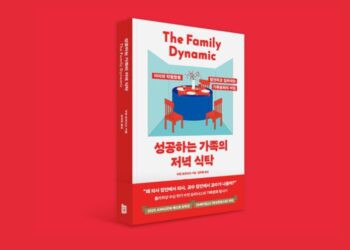Daniel Jin Yoo – Gwinnett School of Mathematics, Science, and Technology
Choi, YunJi – Johns Creek High School
I was born in the United States while Yunji, in 9th grade, immigrated with her parents to the United States. Although we studied in different environments, we share one significant similarity: we were raised by parents who grew up in a Korean education system. We talked, and one thing became very clear. Even though our attitudes toward money are similar to each other’s, they certainly contrast with those of our parents. We noticed that each of our parents tends to have a similar attitude toward money and that we, as a generation, despite having different educational backgrounds such as Korean and American, often share a unified view. This generational gap could easily spark conflict, and we believe mutual understanding is the key to overcoming it. This is the reason we are writing today. With better mutual understanding, parents and children can reduce the generation gap and make for a happier family through conversations and efforts taken mutually.
Since the COVID-19 pandemic struck, inflation has risen steadily. Despite the Federal Reserve’s consistent interest rate hikes, inflation has not easily subsided. It wasn’t until 2024 that inflation rates dipped to the 3% range, though achieving 2% remains challenging. This is partly because tariff policies during Trump’s second term are expected to exacerbate inflationary pressures.
Our first-generation immigrant parents are truly hardworking individuals. They have toiled and saved, spending their savings on educating us and viewing retirement funds buildup as the only decent way to handle large amounts of money. Unfortunately, their incomes could not keep pace with the spiraling inflation, leading to persistent financial fatigue. We, however, grew up seeing how ideas and ventures can allow people to accumulate unimaginable wealth. We are the generation shaped by exposure to a new global economy that knows no borders, neither those of Korea nor the United States. Our generation, shaped by the information age, can access limitless information in this digital era. In contrast, listening to the stories of our parents’ generation reveals a different era, one where saving diligently was celebrated. This reflects the societal background that valued the dedication and time investment our parents’ generation took for granted—qualities we often lack. How can we converse and bond with our parent’s generation after our fiscal challenges? As second-generation Americans, how would we come to understand the lives our first-generation parents lived, and plan for a different future? How will financial independence serve the next generations in pursuit of further education? Using this essay, we wish to share a few ideas.
First, increasing Financial Literacy in Adolescence. Our generation needs to learn more about finances from a young age. We live in the generation of personal broadcasting, where lots of people make use of their strengths to open their channels and earn money regardless of age. Similarly, financial concepts can also be learned through such channels. One can gain considerable knowledge about finance by selecting verified YouTubers and developing predictive models for future industrial growth. This gives us valuable insight into how capital flows into any particular industry—a factor so crucial in the present economic perspective.
Second, Practicing Simulated Investments. Once we understand future capital flows, we should engage in simulated investment training (a.k.a. paper trading). Investing begins with overcoming fear and anticipating risks. Acquiring experience during adolescence is essential. Alongside improving financial literacy, utilizing mock investment platforms like paper trading companies helps transform financial knowledge into practical, life-enhancing skills. This hands-on training ensures that financial literacy doesn’t remain theoretical but becomes applicable to real-life situations.
Third, Opening a Savings Account. Whether your investment training comes out positive or etched with failure, the succeeding step is opening a savings account. Even for those who are under 18 years old, one can have an account and create an account provided the parents also open an account to assist them. In this way, the children will inherit all the diligence and discipline their parents’ generation has built while making small savings. We cannot become wealthy overnight; one needs capital to invest, and only then can he or she enter into the financial market where money generates more of itself and actually starts closing up the gap between our assets and inflation. The faster you keep up with the rise in prices, the earlier you start investing than others. Funds gathered now will give way to the growth of assets through further investments in the future. In this respect, we should inherit the financial virtues of our parent generation – to save and economize in order for the small amounts to grow into seed capital.
Fourth, Invest in high-growth industry stocks, value equities, and ETFs. In ten to fifteen years as we graduate into the world, quantum computing, virtual reality, new energy source, energy storage, robotics AI, electric vehicle, drone, space industries, deep-sea explorations would have altered everything. That future will also be full of industries not yet discovered or named. If we write this off as a far-off future, just because we are still high school students, we will lose a great opportunity. In preparation for this future, we need to nurture an interest in the economy, establish an attitude of proactiveness toward investing, and set a foundation of diligence. Thus, the initial capital that we can save now, by emulating our parents in their approach toward life, when of investment age, should immediately be invested in high-growth sectors, value stocks, and ETFs to take full benefit of time and make it turn into a massive wealth creation force.
The economic teaching for our parent generation came down to Keynesian’s theory: printing more money means an increase in the interest rates and lessening of the value of the currency. Times have changed, and now we are living in a world where supply is much larger than demand. It doesn’t mean that the classic economic knowledge was wrong; it does mean, though, that we happen to be living in times when those principles often just do not apply anymore. For instance, when even the Federal Reserve lowers the interest rates, we find commercial banks increasing their portion. That is a sure sign that the probability of accumulating wealth through hard work of saving and frugality has actually reduced. The first-generation immigrant parents’ hard work, thrift, and courageous decision to move to the United States for their children’s sake are admirable traits we should emulate. However, it allows the next generation to lead only a tight economic life and gives them selective education.
Thus, in order to overcome such shortcomings, we have to emphasize financial literacy, hands-on investment training, and forecasts about future industries. We should identify those companies with high growth potentials and start small investments to give ourselves and our next generation some economic freedom. This approach will create more opportunities for dialogue and communication about economics between parents and children. It will bridge the gap between generations and allow adolescents who might otherwise drift away to grow closer to their parents and families, sharing happiness and love. Ultimately, we stress that happiness does not come solely from future wealth but also from daily conversations about economic topics that reinforce family identity. These conversations will give the next generation a strong family connection and a sense of fulfillment.



















